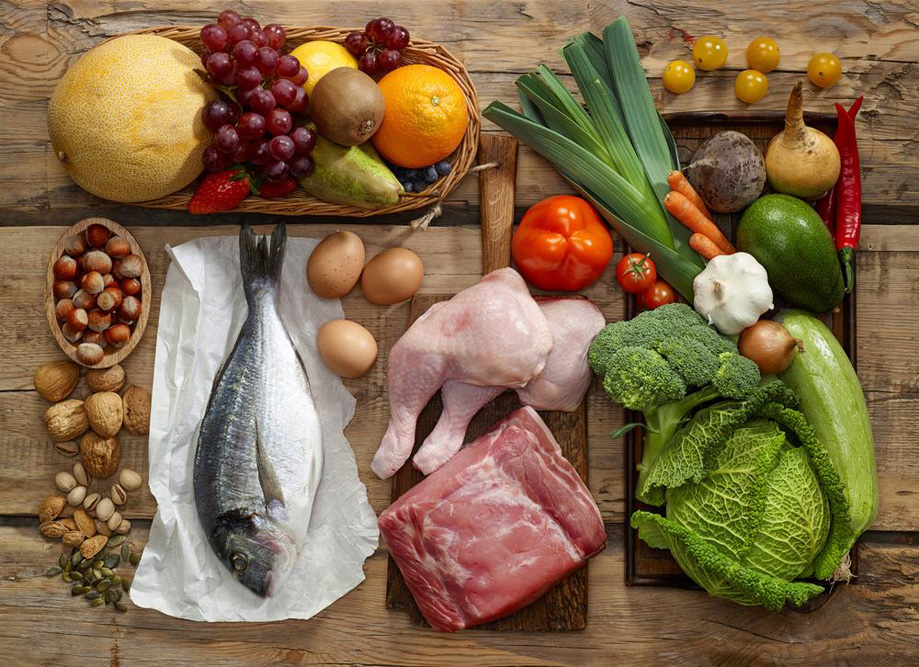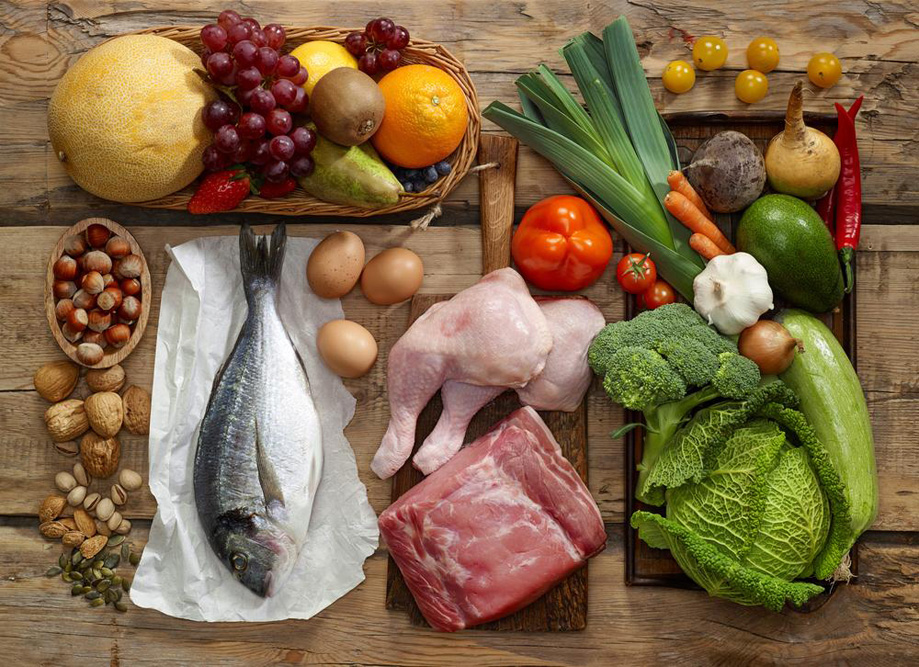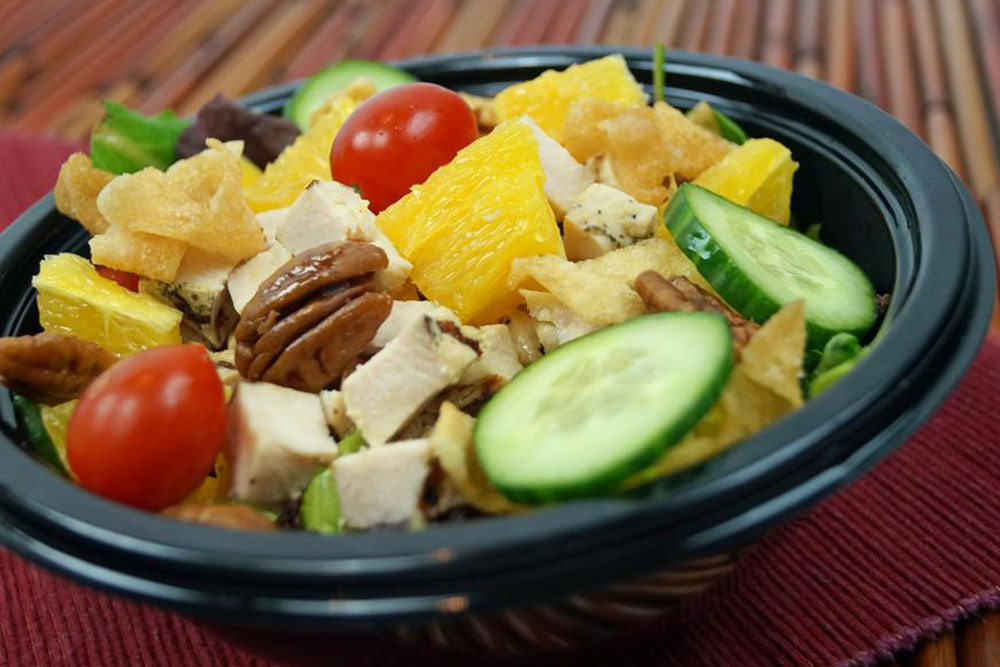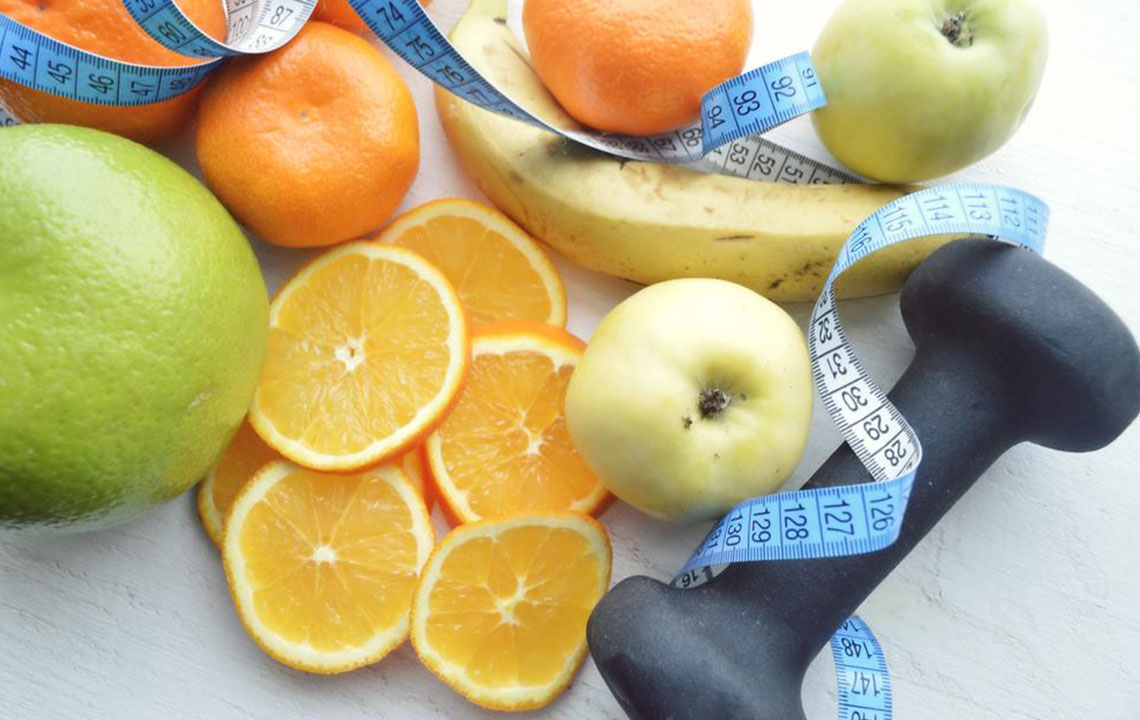Essential Guidelines for a Successful Whole30 Program
Discover the essential guidelines to successfully follow the Whole30 diet. This 30-day program helps reset your eating habits by eliminating added sugars, grains, dairy, junk food, alcohol, and processed snacks. Focus on mindful eating, reconnect with natural foods, and experience benefits like improved digestion, clearer skin, and increased vitality. Adopting these key rules can transform your relationship with food and support your long-term health goals. Whether aiming to lose weight or simply feel better, Whole30 offers a structured approach to upgrading your lifestyle in just one month.
Sponsored

Key principles of the Whole30 lifestyle
Embarking on a 30-day challenge to overhaul your relationship with food can lead to significant health benefits, including reduced inflammation, glowing skin, and renewed vitality. By adhering to the Whole30 framework, you'll experience shifts in taste preferences, reset cravings, and foster sustainable eating habits that may positively influence your dietary choices long-term. The program aims to transform both your body and mind through mindful eating practices and elimination of certain food groups.
Follow these core rules to maximize your Whole30 experience:
Eliminate all added sugars, both natural and refined
Avoid ingredients like honey, maple syrup, coconut sugar, stevia, date syrup, xylitol, Splenda, Nutrasweet, and similar sweeteners. Always check labels thoroughly, as hidden sugars are common in processed foods.
Refrain from alcohol and tobacco
During the program, alcohol consumption is strictly prohibited, including in cooking. It’s also recommended to limit or avoid tobacco use to fully support your health reset.
Keep in mind, tobacco and alcohol can hinder the body's healing process achieved through this diet.
Skip grains entirely
All grains, including wheat, oats, barley, rice, corn, bulgur, and sprouted grains like quinoa, buckwheat, and amaranth, should be avoided. Ensure that food labels are scrutinized to prevent consuming hidden grain ingredients.
Say no to processed junk food
Part of the diet's goal is to rebuild a healthy relationship with food. Therefore, avoid pizzas, bread, chips, fries, pasta, and other processed snacks. While challenging, eliminating junk food helps achieve better well-being—especially social outings or parties.
Avoid “healthier” baked goods and snacks
Foods marketed as "fat-free" or “healthy” often contain artificial sweeteners and additives that may not serve your wellness goals. The focus should be on nourishing your body naturally rather than relying on these substitutes.
Refrain from tracking weight or measurements for 30 days
Although weight loss can occur, the primary aim is to foster lasting healthy eating habits. Before starting, record baseline measurements and weight, then disengage from scale obsession during the 30 days. Focus instead on how your body feels and your overall relationship with food.
Exclude dairy products
All dairy, such as milk, cheese, yogurt, cream, kefir, and sour cream, should be avoided. The program emphasizes whole, unprocessed foods free from dairy to promote optimal health and digestion.
Tags - Whole30 Diet






